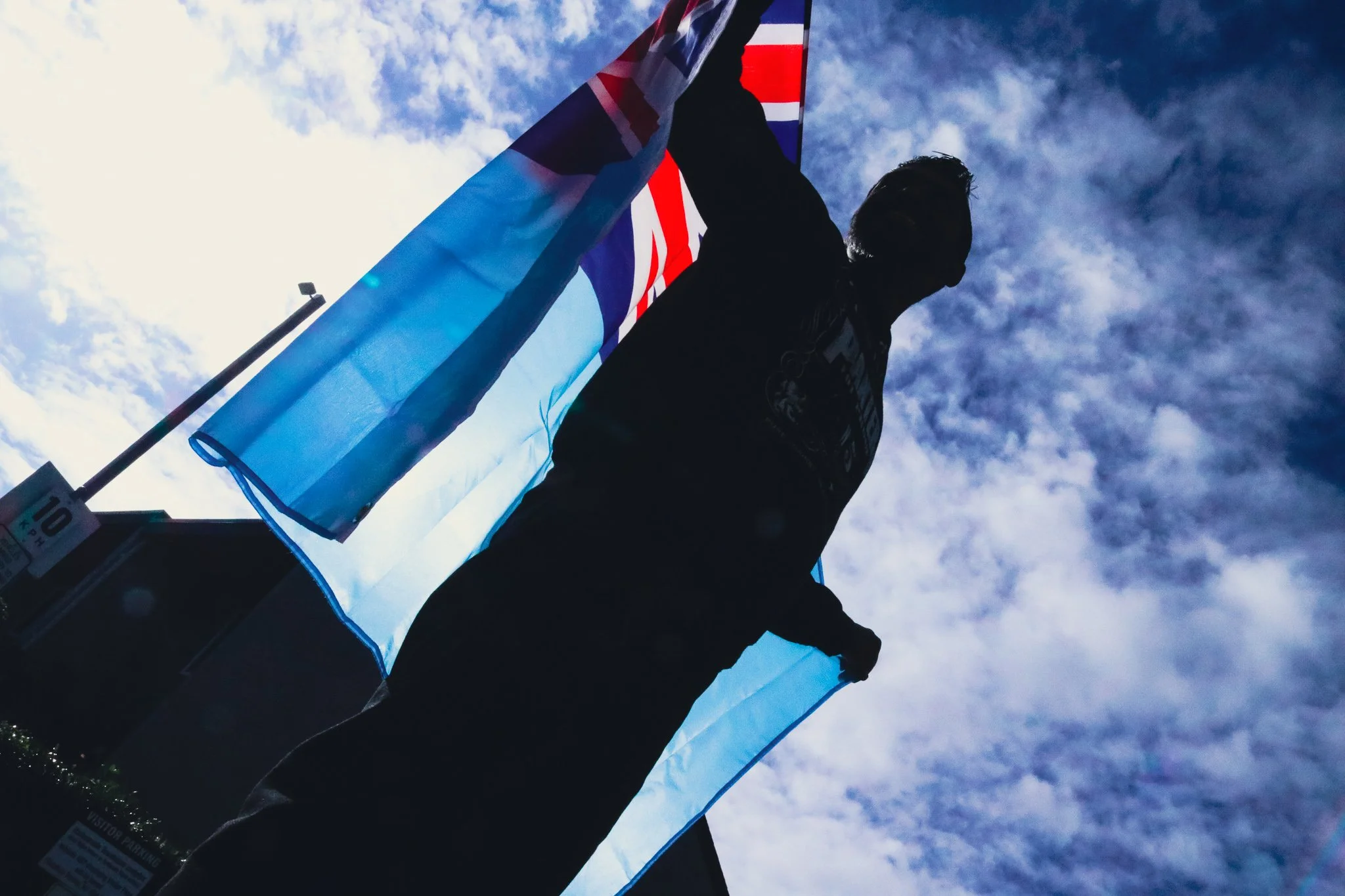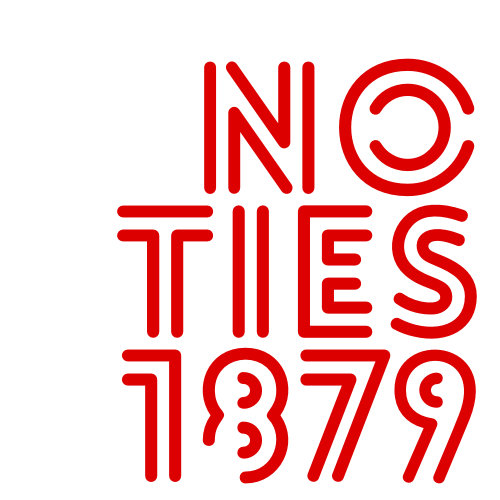Angelene
Angelene
Ashneil
Ashneil
In April 2020, after the unexpected end of a long-term relationship and being laid off due to the pandemic, we found ourselves living together again in our parents’ townhouse. We hadn’t shared much of a relationship before that—our personal and professional choices had taken us in separate directions for most of our adult lives. But there we were, face to face and simultaneously looking into a mirror.
As time passed, our conversations deepened. We began sharing our personal journeys through therapy, exploring the roots of our traumas, and truly relating to each other, perhaps for the first time. What started as bonding over good food and coffee evolved into us asking the question: “Why are we the way we are?”
We reflected on the racism and bullying we endured growing up in Ladner, BC—a predominantly white town that still holds a complex significance for us. We unpacked the challenges of being raised by immigrant Indo-Fijian parents while rarely connecting with our diasporic community. These conversations sparked an idea: maybe there are others like us—people who grew up the same way, felt the same struggles, and have their own stories to share.
Why " No Ties 1879"
Our experiences as Indo-Fijians, shaped by our identity and upbringing, have always been central to who we are. We realized how important it is not only to share our stories but also to raise awareness about the British Empire’s indentured labour system, or girmit, which brought our ancestors to Fiji. May 14, 1879—the day the first wave of indentured laborers arrived in Fiji—holds profound significance for us. It wasn’t that long ago, and we believe it’s crucial to draw attention to this history.
The name No Ties reflects the disconnection we felt growing up—both in Canada and from our cultural roots in Fiji and ancestral roots in India.
Today, we are strong advocates for regular therapy as we continue to navigate our healing journeys. Our goal is to create the connections we lacked as kids and to be the Bhaiya, Jiji, and support system our kinfolk can lean on.
acknowledgements
We are deeply inspired by the Black Lives Matter movement. We are grateful for the BLM movement and the Indigenous Peoples of Turtle Island for courageously speaking their truths and calling allyship to action. We recognize that we benefit from the progress made by the efforts of the historically marginalized identities of Turtle Island.


